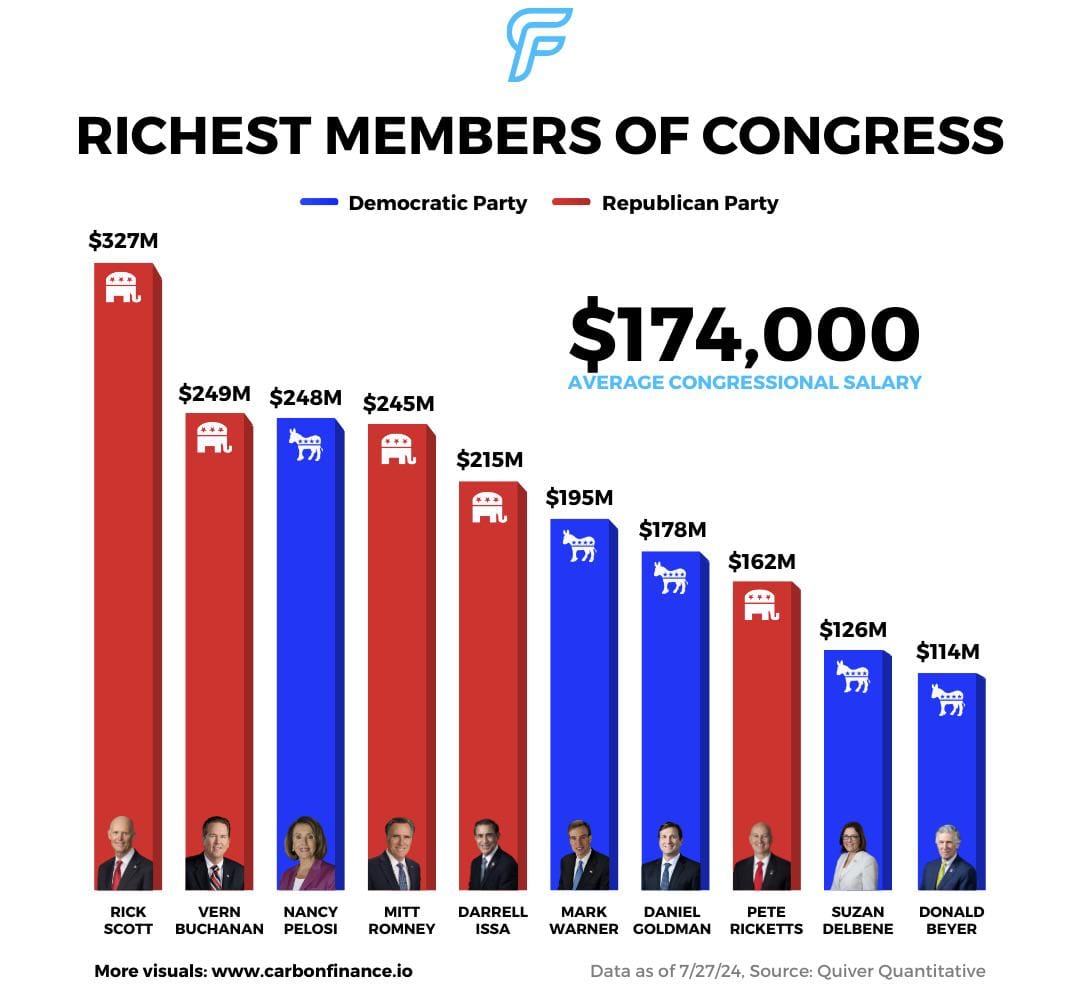Fixing America's Stagnant Wages
Pay transparency is key to fixing income inequality and the gender pay gap. With CEO pay up 1,209.2% since 1978 and worker wages trailing, it's time for a fair shake and full transparency.

Pay transparency is essential for closing the gaps in income inequality, gender pay, and unfair compensation practices. Did you know that CEO pay has skyrocketed by 1,209.2% since 1978, while workers' wages have seen only a modest increase of 15.3%? It’s clear: the scales are tilted and we aren't on the winning side.
Compensation data shouldn't be shrouded in complicated filings or hidden under layers of legal jargon. While CEOs burn the American Dream for their own gain, everyday Americans are left struggling—just trying to afford a front-row seat to watch it go up in flames.
Whether you're in Arlington, VA, or Colfax, LA, fair compensation should be a reality for every worker's hard-earned contributions.
The Problem
The lack of transparency in pay structures, especially regarding executive compensation, presents serious challenges. Many companies choose to hide compensation data within quarterly SEC filings or release it during low-news periods, reducing visibility and avoiding scrutiny. This lack of transparency makes it difficult for employees like you to assess fair compensation, leading to hidden disparities.
Transparency Matters
Many companies keep compensation details under wraps, making it nearly impossible for employees to determine whether they are being paid fairly compared to their peers within the organization or across the industry.
Unequal Pay Persists
Despite laws protecting pay discussions, many employees feel uneasy discussing their compensation openly. This silence perpetuates disparities, particularly affecting women and people of color.
Skyrocketing CEO Pay
Increases in executive compensation are often paired with stagnant wage growth for the average worker, creating an unsustainable dynamic where a few "Champions of Industry" are rewarded disproportionately. At the same time, the significant contributions of the majority go unrewarded.
My Proposal
Fixing this problem isn’t complicated—we just need leaders willing to stand up to the special interests that fund their campaigns.

Real-Time Reporting for Executive Compensation
All publicly traded companies should be required to disclose executive compensation packages, including salaries, bonuses, stocks, and additional benefits. Reporting this data annually to the Department of Labor using existing payroll information will ensure transparency without adding new administrative burdens.
Currently, while some of this data appears in SEC filings, it's often reported every few months, making it easy for the public to overlook. We need compensation information to be transparent and timely, ensuring companies can't quietly approve significant CEO bonuses on a Friday afternoon. This level of transparency will hold companies accountable to both the public and the government regarding their compensation practices.
Yearly Compensation Reports for Larger Companies:
Companies with over 150 employees should be required to disclose anonymized data on employee compensation annually. This includes information such as age group, gender, metro area, job title, years of experience, as well as base and total compensation. This level of transparency makes any pay disparities visible, empowering the public and potential employees to make informed career decisions.
Submitting this information annually to the Department of Labor through existing payroll systems will minimize administrative burdens. By doing so, we can promote fair compensation practices and enhance transparency across the board.
Expected Outcomes
This plan is practical and actionable, set to drive real change in the current socio-economic landscape. Here's what we can expect:
- Increased Fairness and Equity: Clear visibility into pay structures and compensation differences will highlight and reduce disparities in gender and minority pay. When equipped with robust, transparent data, employees will be better equipped to negotiate fair pay.
- Accountability at the Top: By opening up compensation data, executive pay will be more closely aligned with performance, minimizing unjustifiable disparities.
- Cultural Shift in the Workplace: Mandated disclosures coupled with existing public layoff reporting will push companies to make ethical decisions, contributing to a fairer society overall.
We can reform compensation practices, creating an America that truly works for everyone. By fostering transparency, we illuminate disparities and pave the way for a fairer, more inclusive society where every contribution is valued and rewarded appropriately.
Additional Resources
- Washington Post: CEO pay fell last year. It’s still way higher than yours.
- Securities & Exchange Commission: Executive Compensation and Related Person Disclosure
- Equilar: 100 Highest Paid CEOs in 2024
- AFL-CIO: Executive Paywatch
- Department of Labor: Pay Transparency FAQ
